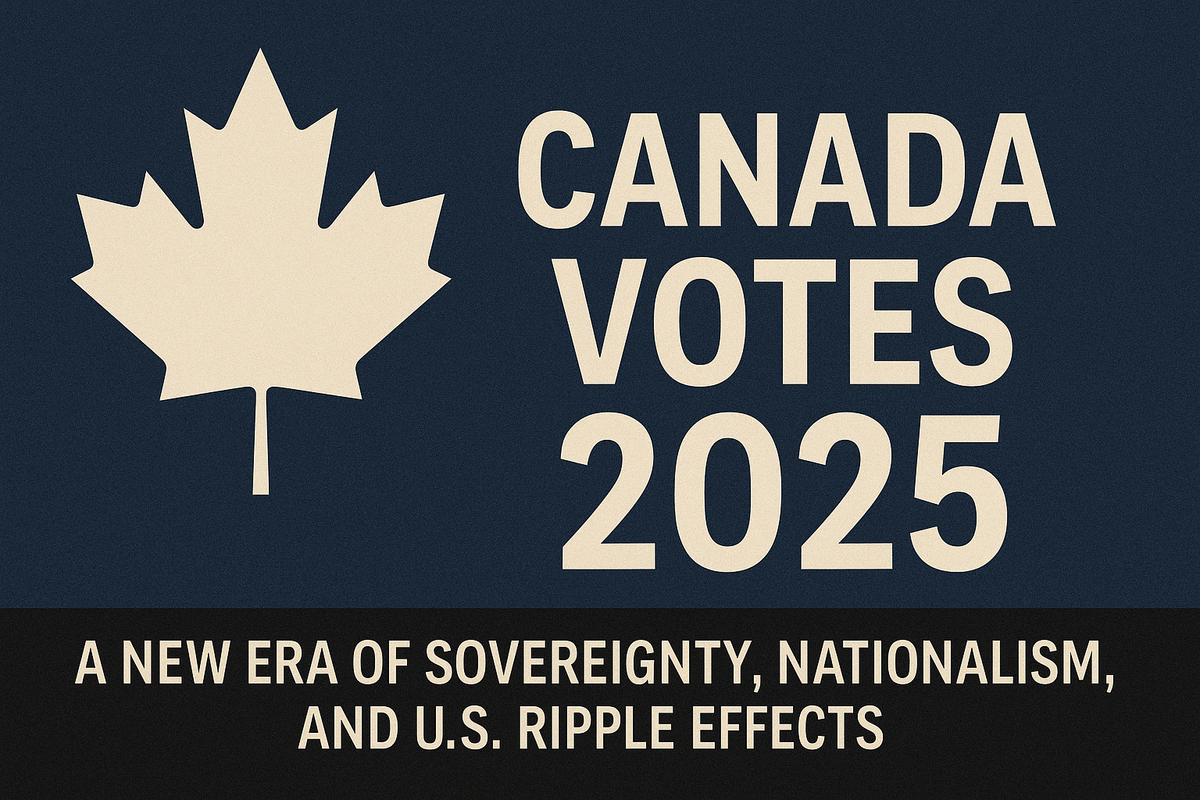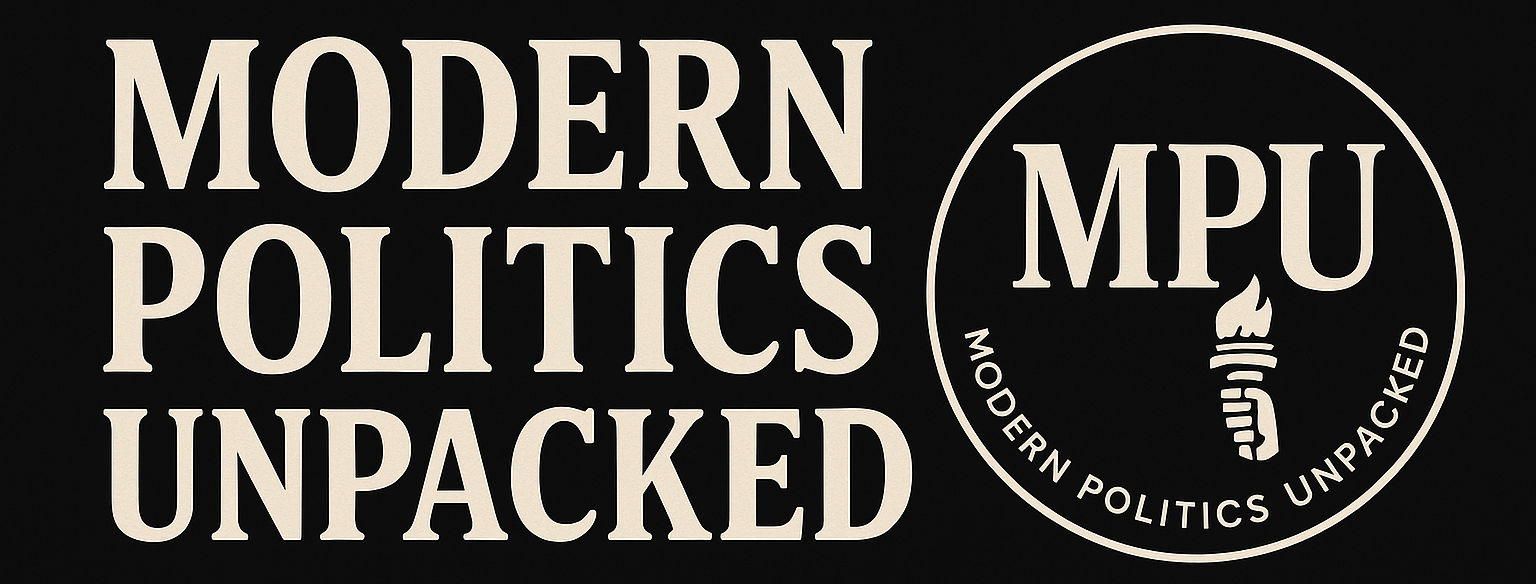Canada Votes 2025: A New Era of Sovereignty, Nationalism, and U.S. Ripple Effects

On April 28, 2025, Canadian voters delivered a powerful verdict in a snap election that will not only reshape their own country's political future but also ripple across the United States. The Liberal Party, led by newly minted Prime Minister Mark Carney, secured a remarkable fourth consecutive term, demonstrating the resilience of liberal centrism under extraordinary international pressure. Carney's ascent came amid a backdrop of turbulent relations with the Trump administration, aggressive trade policies, and a growing nationalist sentiment.
This article offers an in-depth analysis of the 2025 Canadian federal election, examining the events leading up to it, the key outcomes, the reaction from political parties, and what this new political reality means for everyday life in both Canada and the United States.
A Snap Election Born from Crisis
The decision to call a snap election took many by surprise. Only a year into his term as Liberal Party leader, Mark Carney inherited a divided caucus and a restless electorate after the resignation of former Prime Minister Justin Trudeau. Trudeau's exit was hastened by internal party dissent and declining approval ratings exacerbated by scandals and dissatisfaction over pandemic management and housing policies.
Carney, a former Governor of the Bank of Canada and the Bank of England, had no prior elected experience. Yet, he quickly established himself as a stabilizing force in an increasingly volatile political environment. His expertise in financial management and global diplomacy provided an aura of competence at a time when Canadian-U.S. relations were reaching a new low.
The catalyst for the election was a sharp escalation of tensions with the Trump administration. New tariffs were imposed on Canadian aluminum, lumber, and automotive products, alongside inflammatory rhetoric suggesting Canada should "become the 51st U.S. state." Canadian national pride surged in response, setting the stage for a dramatic electoral showdown.
The "Never 51" Movement and Canadian Nationalism
What began as a fringe slogan quickly became a rallying cry: "Never 51." Canadians across political divides united around the idea of preserving their sovereignty. "Elbows up," a reference to hockey culture's grit and determination, also became emblematic of the 2025 campaign.
The Liberals, traditionally seen as a centrist establishment party, embraced the nationalism wave without veering into xenophobia or right-wing populism. Carney framed the election as a referendum on Canada's independence, urging citizens to "choose Canada first."
This patriotic message resonated with voters tired of feeling bullied by their southern neighbor and concerned about maintaining their distinct social model, including universal healthcare and strict gun laws.
Election Night: A Liberal Surge
Early projections suggested a tight race. However, as results came in, it became clear that the Liberals had outperformed expectations.
- Liberal Party: 160 seats (majority threshold: 172)
- Conservative Party: 108 seats
- New Democratic Party (NDP): 20 seats
- Bloc Québécois: 28 seats
- Green Party: 3 seats
- Others/Independents: 24 seats
Although the Liberals fell just short of an outright majority, they are widely expected to govern with the informal support of the Greens and some independents.
The results were catastrophic for the opposition. Conservative leader Pierre Poilievre lost his own seat in Carleton, marking a devastating personal and political blow. Jagmeet Singh, leader of the NDP, also lost his Burnaby Central seat and promptly announced his resignation.
Mark Carney's Victory Speech
Carney's victory speech struck a tone of resilience and defiance:
"Tonight, Canada has chosen sovereignty over submission, unity over division, and hope over fear. We will not be intimidated. We will not be annexed. We are Canadians — and we are proud."
He pledged to bolster Canada's alliances with Europe and the UK, diversify trade relations away from U.S. dependence, invest in the domestic manufacturing sector, and implement targeted measures to support the middle class and indigenous communities.
Carney also vowed to introduce legislation reinforcing Canada's autonomy in strategic sectors like energy, telecommunications, and defense.
Opposition in Disarray
The Conservative Party now faces a leadership crisis of historic proportions. With Poilievre out, interim leader Michelle Rempel Garner has been tasked with rebuilding a fractured base torn between traditional fiscal conservatives and newer, Trump-style populists.
Meanwhile, the NDP must reinvent itself after losing key urban strongholds. Analysts predict the party may pivot further left under new leadership, potentially creating new challenges for the Liberal minority.
The Bloc Québécois and Greens may find themselves with disproportionate influence as "kingmakers" in a fragmented Parliament.
The U.S. Reaction
The Biden-aligned Democrats praised Carney's victory as a "triumph of democratic values," while Trump's camp denounced it as "another blow against America's rightful influence in North America."
Behind the scenes, U.S. business leaders expressed concern about possible retaliatory tariffs and diminished market access. Diplomatic relations, already strained, face an uncertain future.
Trump himself reacted with characteristic bluster, calling the Canadian election "rigged" and suggesting that "smart Canadians" would eventually "beg" to join the U.S. His remarks were widely ridiculed across Canadian media.
Impact on Daily Life in the United States
While the 2025 Canadian election was a national event, its repercussions will be felt by American citizens in tangible ways:
- Trade and Prices: New Canadian policies could make lumber, dairy, and automotive imports more expensive. American consumers might notice higher prices on goods like furniture, cheese, and cars manufactured in North America.
- Supply Chain Disruptions: Canadian energy exports, particularly electricity to the northeastern U.S., may face regulatory changes or price hikes. This could translate into modest increases in energy costs.
- Travel and Tourism: A potential tightening of border security policies could make crossing into Canada slightly more cumbersome for American tourists, at least in the short term.
- Political Polarization: The nationalist yet progressive tone of the Canadian elections may influence American political discourse, providing a counter-model to Trumpism without veering far-right. Expect U.S. Democrats to reference Carney's success when advocating for pragmatic but assertive policies.
- Cultural Influence: Canadian media and public intellectuals are gaining visibility in American debates, offering alternative perspectives on healthcare, gun control, and national identity.
In short, while American life won't radically change overnight, subtle shifts in prices, policies, and even political conversations are already underway.
A New Era for North America
Mark Carney's victory signals a broader regional transformation. North America is no longer defined solely by the gravitational pull of Washington, D.C. Ottawa is asserting itself in new ways, and Canada is offering a democratic, multicultural model distinct from the turbulence of Trump-era America.
The coming years will test Carney's ability to maintain Canada's cohesion while navigating an increasingly fraught relationship with its southern neighbor. Meanwhile, Americans will need to adapt to a more assertive Canada that refuses to be overshadowed.
For now, Canadians have spoken clearly: they will not be the 51st state. They will chart their own course — and the world is taking notice.
Sources:
